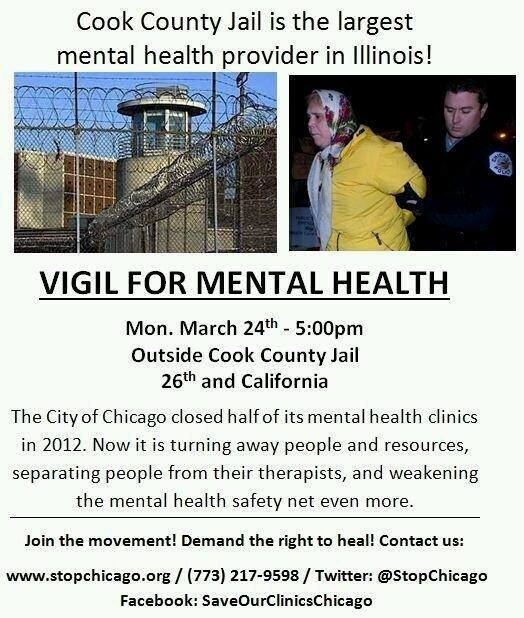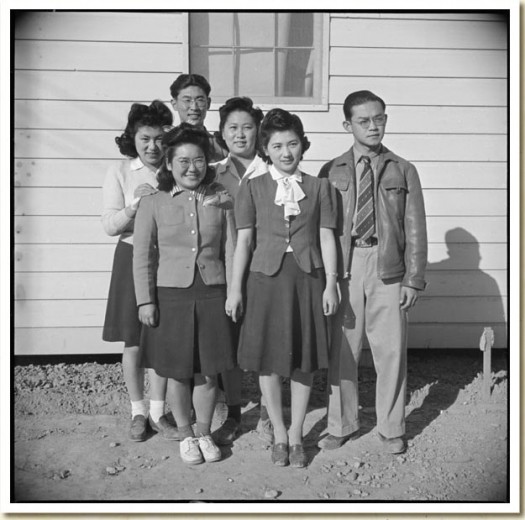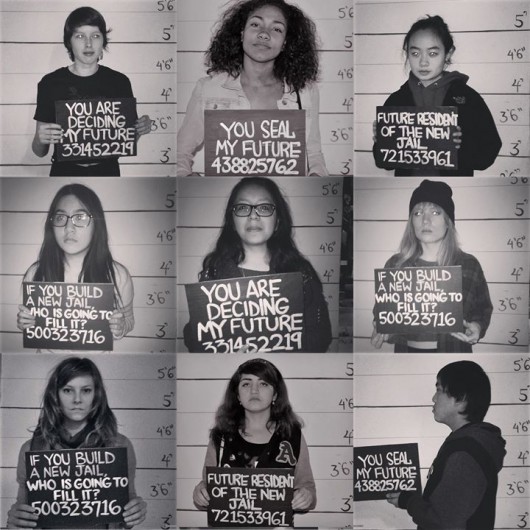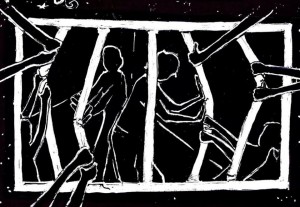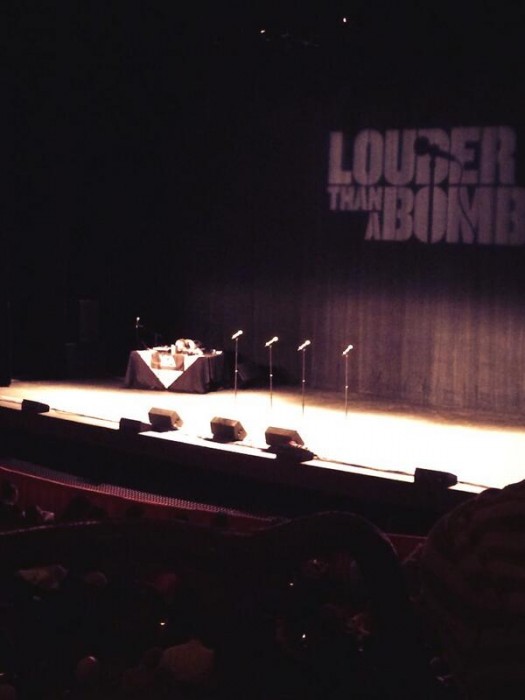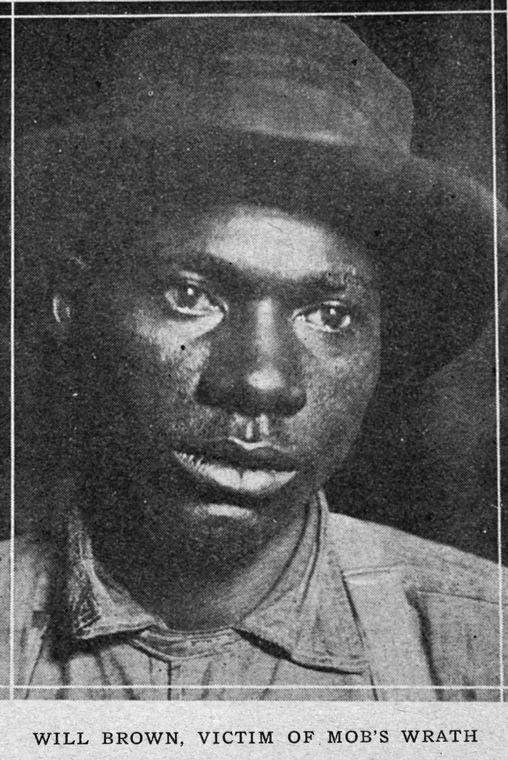Action Needed: Please OPPOSE HB 4775 & its Amendment
If you are reading this and live in IL, please take the next logical step and actually FILE A WITNESS SLIP to OPPOSE HB 4775 (observing from the sidelines is not really helpful at this point, thanks).
HB 4775 – Being called a NO-BRAINER BILL:
This bill permits students to be “pushed out” from the traditional school setting for a mere arrest. A basic tenet of the U.S. justice system is to be considered innocent until proven guilty. In essence, it disregards due process protections any accused individual is guaranteed.
This violation may result in an expulsion lasting to 2 calendar years at the discretion of individual school administration.
Discretionary application of school discipline code has been found —and continues to be observed — to have disparate impact on youth of color.
Amends the School Code. Allows a school board to suspend or authorize the superintendent of the district or the principal, assistant principal, or dean of students of a school to suspend a student for a period not to exceed 10 school days or to expel a student for a definite period of time not to exceed 2 calendar years, as determined on a case-by-case basis, if the student has been charged with a violent felony and the charges are pending or if the student has been convicted of a violent felony. Defines “violent felony”. Effective immediately.
Please file a witness slips in OPPOSITION to HB 4775 HERE.
1. Under Section I, fill in your identification information.
2. Under Section II, fill out your organization if you are representing one or write “self” if you are representing yourself. You can also just fill out N/A.
3. In Section III, select the “Opponent” button (for BOTH the original bill and the amendment).
4. In Section IV, select “Record of Appearance Only.”
5. Agree to the ILGA Terms of Agreement
6. Select the “Create Slip” button.
Slips can be submitted until tomorrow, March 26 at 8:00 a.m.
